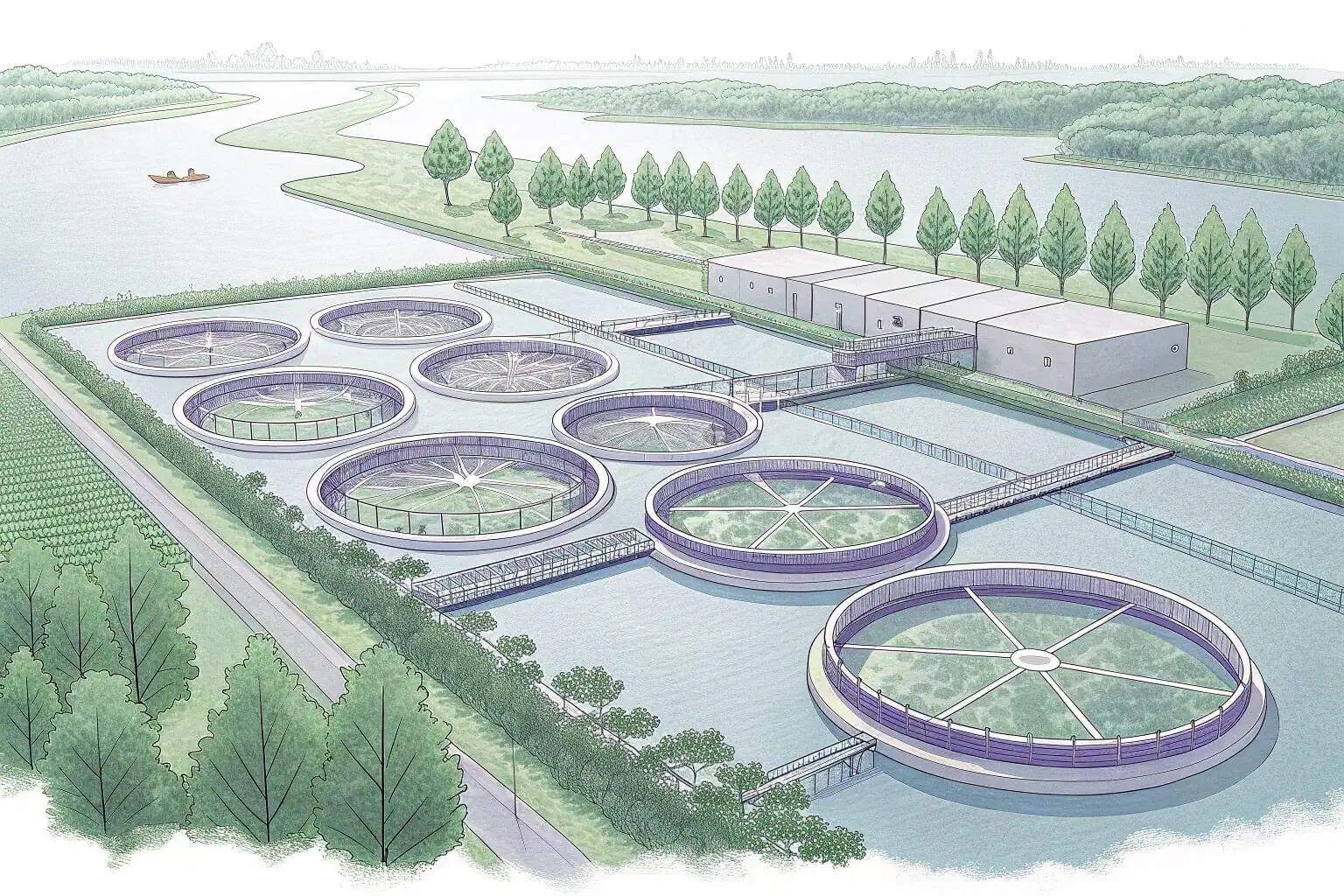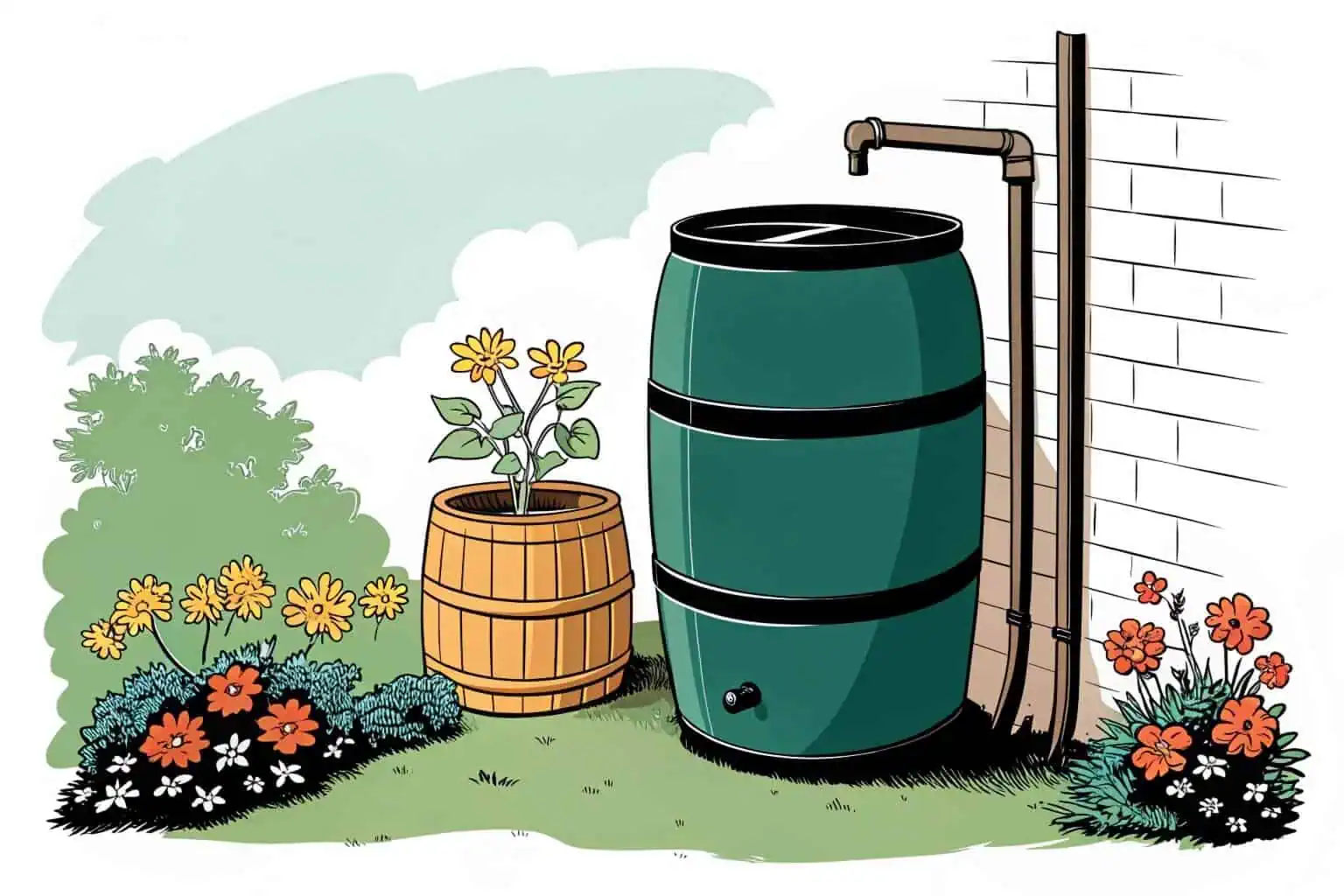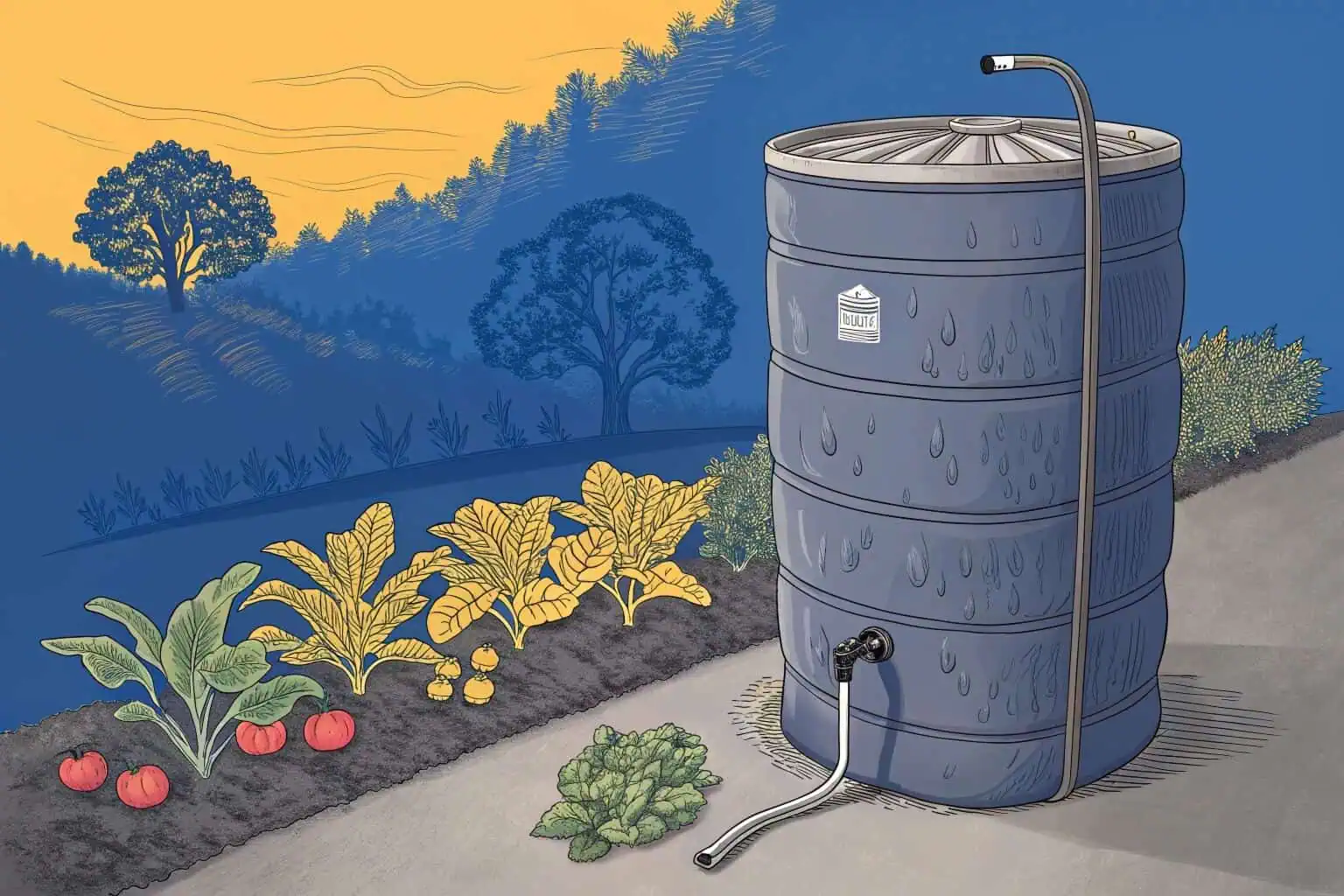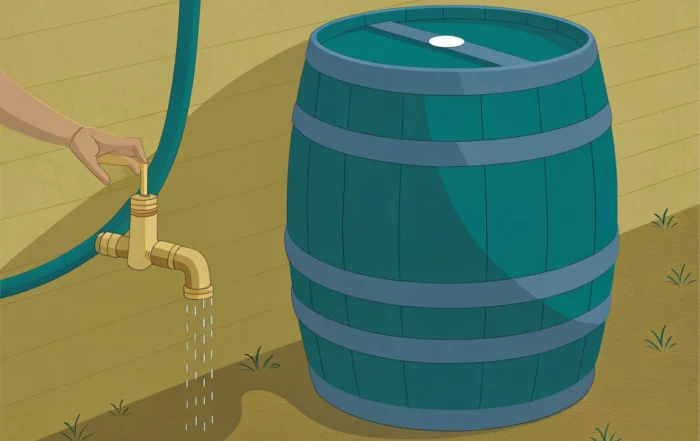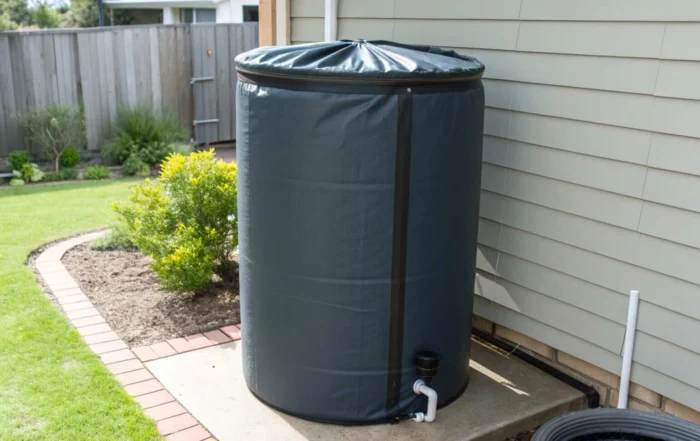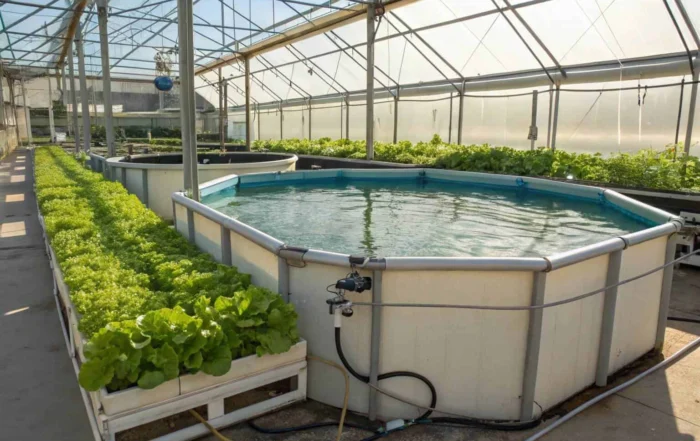Facing legal hurdles in fish farming? Unsure about permits? This guide clarifies South Africa’s licensing, helping you navigate the waters of aquaculture legally and confidently.
Yes, in most cases, you absolutely need a license for fish farming in South Africa. The specific requirements depend on the scale, species, and location of your operation. It’s crucial to consult with the Department of Forestry, Fisheries and the Environment (DFFE).
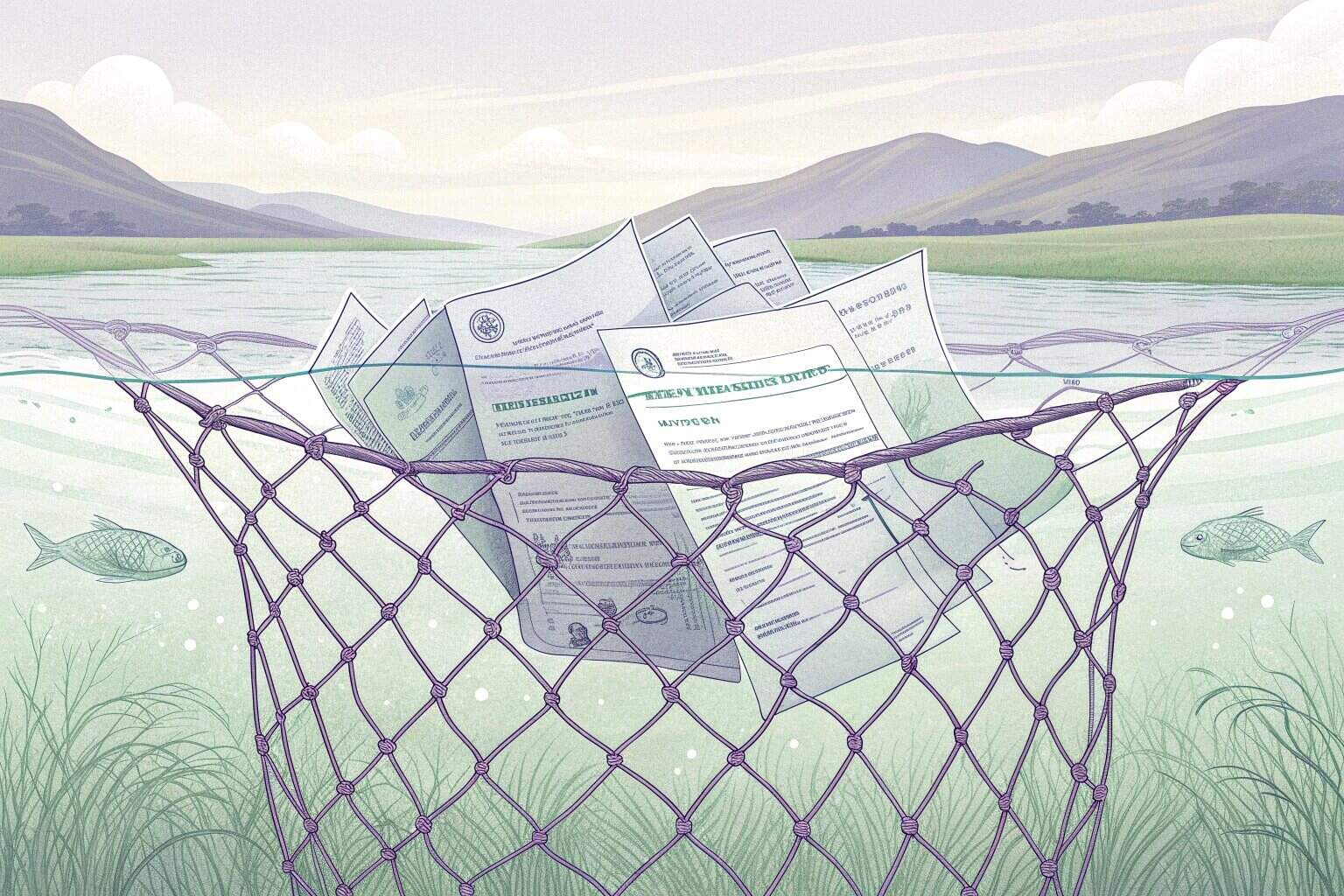
Starting a fish farm in South Africa can be an exciting venture, but it’s easy to get tangled in the net of regulations if you’re not careful. I’ve seen many enthusiastic entrepreneurs dive in, only to find themselves facing unexpected legal challenges. It’s a journey I’ve observed closely, and understanding the licensing landscape is the very first step towards a successful and sustainable aquaculture business. Let’s explore this further, so you can be well-prepared.
Do you need a license to sell fish in South Africa?
Wondering if selling your catch requires a permit? Confused about the rules? Selling fish, whether farmed or wild-caught, often involves specific licensing to ensure legality and safety.
Yes, you generally need a license or permit to sell fish in South Africa, especially for commercial purposes. This ensures traceability, quality control, and adherence to health standards. The type of license varies based on the source and scale of sales.
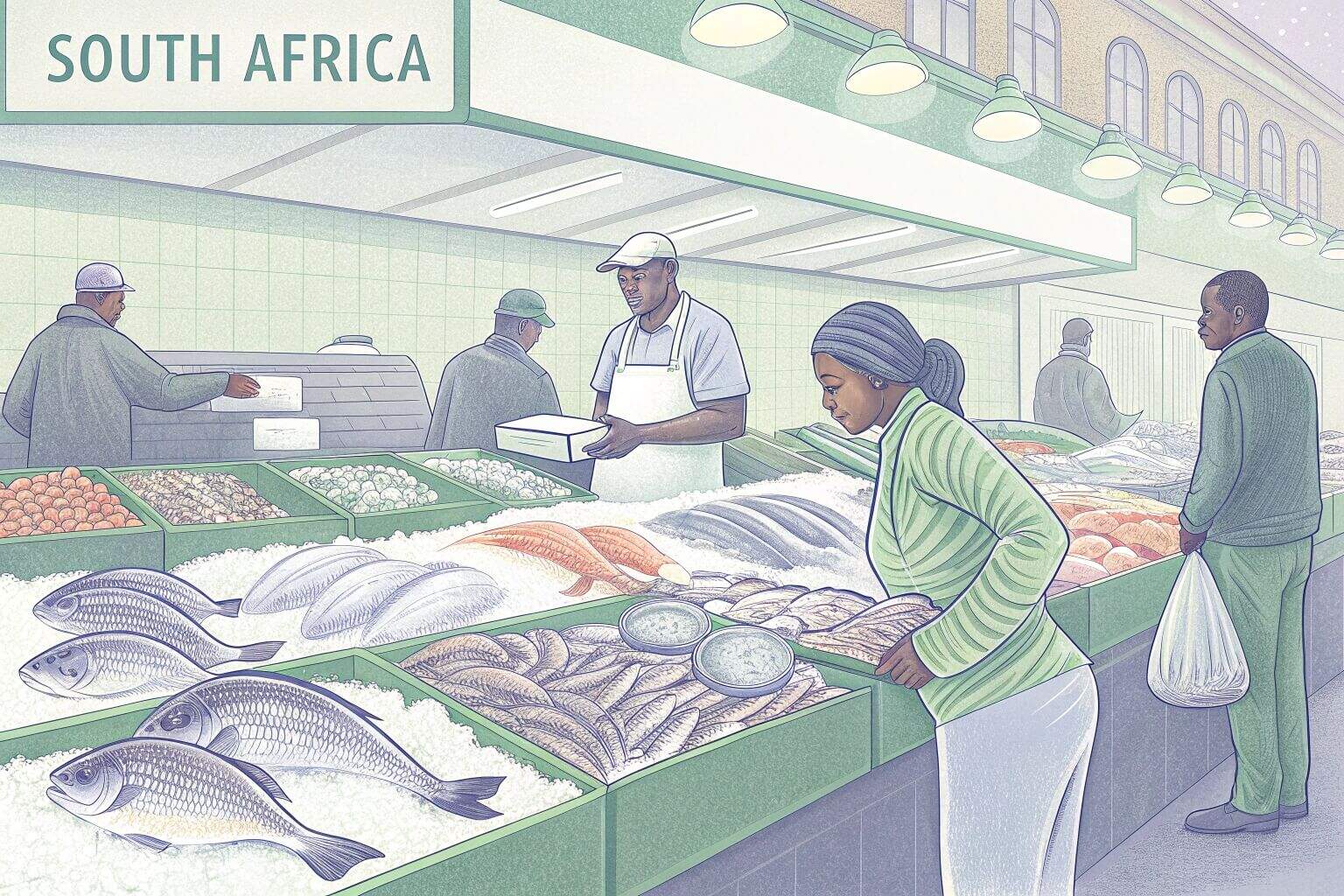
When I first looked into the fish market here, the variety of regulations for selling fish seemed daunting. It’s not just about having the fish; it’s about ensuring every step, from pond to plate, meets the legal requirements. This is particularly true for B2B operations like ours at Bancy, where traceability and compliance1 are paramount for our clients who might be using our tanks for commercial aquaculture. For anyone thinking of selling fish, whether it’s from a large-scale farm or a smaller operation, understanding these licensing needs is key. It protects not only your business but also the consumers and the broader industry. Let’s break down what this typically involves.
Understanding Commercial Sales Permits
If you’re planning to sell fish commercially, the requirements become more stringent. This usually involves:
- Business Registration: Your enterprise needs to be formally registered.
- Health and Safety Compliance2: Premises and handling processes must meet specific health standards. This often involves inspections and certifications.
- Species-Specific Regulations3: Certain fish species might have additional rules regarding their sale, especially if they are protected or have specific market controls.
- Export/Import Licenses4: If you plan to sell fish outside of South Africa or import fish for sale, separate licenses will be required, governed by international trade agreements and local biosecurity laws.
I remember a client who was setting up a tilapia farm using our collapsible fish tanks. They were meticulous about the farming process but initially overlooked the specific permits needed for inter-provincial sales. It caused a slight delay, but highlighted how crucial it is to research every aspect of the supply chain. For businesses aiming for wholesale or large-scale distribution, these permits are non-negotiable and often require detailed record-keeping.
Permits for Small-Scale or Informal Sellers
Even for smaller-scale operations or informal traders, some form of authorization or adherence to local bylaws is often necessary. While the requirements might be less complex than for large commercial ventures, they still aim to ensure public health and sustainable practices. This could include:
- Local Municipality Permits5: Depending on where you operate, you might need a vendor’s license from the local municipality.
- Basic Food Handling Certification6: Even for small stalls, proof of understanding basic food safety can be required.
It’s always best to check with your local authorities. I’ve seen small community fish sellers thrive by ensuring they meet these basic requirements, building trust with their customers. The goal isn’t to create barriers, but to ensure that all fish sold are safe for consumption and that the selling practices don’t negatively impact the environment or local fish stocks.
| Permit Type | Key Considerations | Typical Applicant |
|---|---|---|
| Commercial Fishing Right7 | Quotas, species, fishing areas, vessel licensing | Large-scale fishers |
| Aquaculture Permit | Farm location, species, environmental impact assessment | Fish farmers |
| Fish Processing Establishment | Hygiene standards, HACCP plans, facility approval | Fish processors |
| Retail/Hawker’s License | Local bylaws, health permits | Fishmongers, market sellers |
| Export/Import Permit | Customs, biosecurity, international standards | Traders, exporters |
Understanding these distinctions is vital. As someone involved in providing infrastructure like fish tanks, I always advise clients to map out their entire business plan, including the sales and distribution channels, and to proactively seek information on all required licenses. It saves a lot of headaches down the line.
Can you fish without a license in South Africa?
Thinking of casting a line for fun? Or perhaps for a small catch? It’s important to know that even recreational fishing in South Africa has rules to follow.
Generally, no, you cannot fish without a license in South Africa, even for recreational purposes in most marine and many freshwater environments. Specific permits are required, varying by location (coastal, inland) and type of fishing.
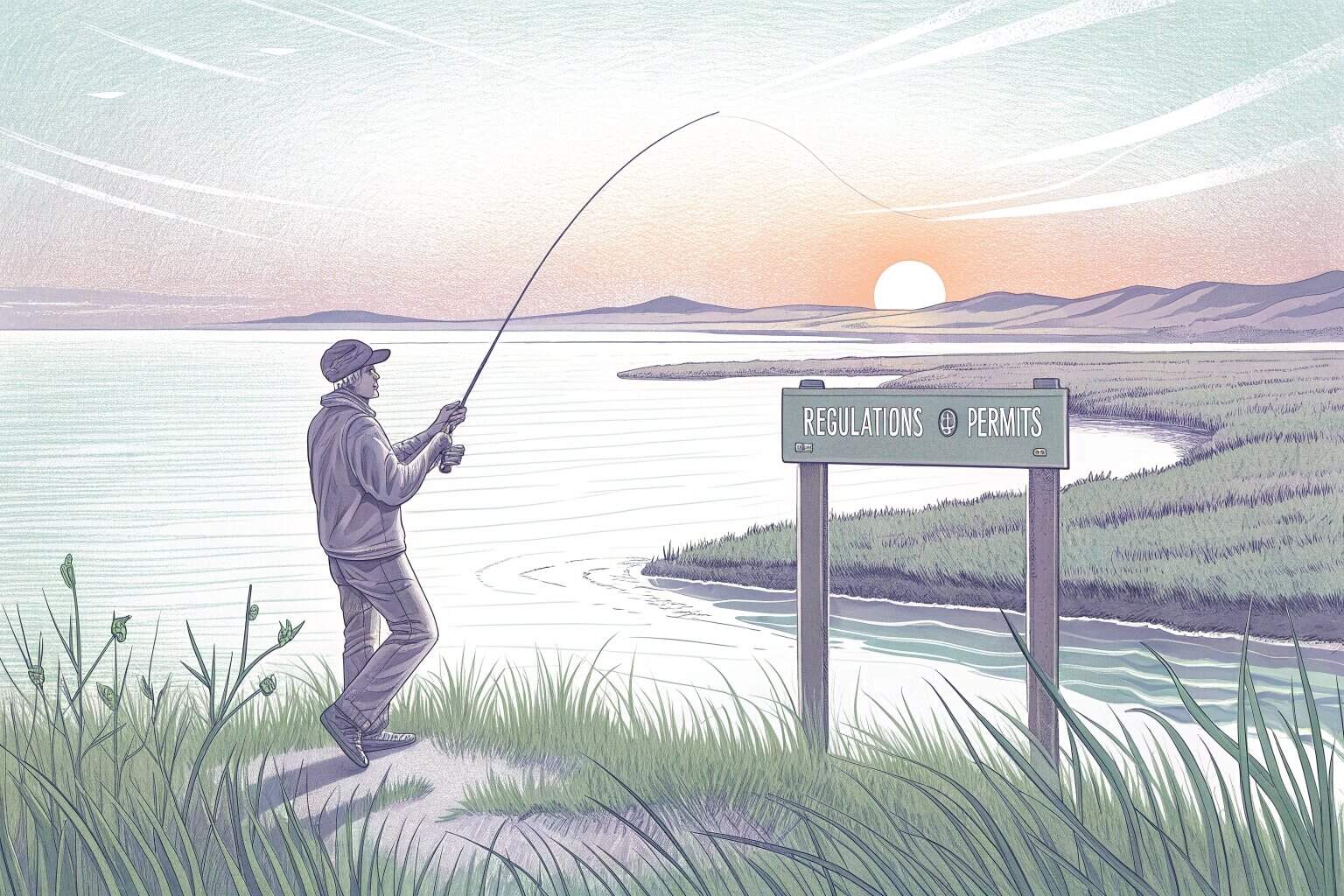
I’ve always enjoyed the tranquility of fishing, but I also understand the importance of regulations to protect our precious aquatic resources. In South Africa, the approach to recreational fishing is about balancing enjoyment with conservation. Whether you’re planning a day at the coast or a quiet afternoon by a river, being aware of the licensing requirements is part of being a responsible angler. It’s a small step that contributes significantly to maintaining healthy fish populations8 for future generations. Let’s look into the details for different types of fishing.
Marine Recreational Fishing
For anyone wanting to fish in South Africa’s coastal waters, a recreational fishing permit is almost always a must. These permits are typically issued by the Post Office on behalf of the DFFE. Key aspects include:
- Annual Permits: Most recreational marine fishing permits are valid for a year.
- Species and Bag Limits9: The permit will specify which species you can catch and the maximum number (bag limit) and minimum size you can keep. This is crucial for preventing overfishing of vulnerable species.
- Closed Seasons: Some species have closed seasons during their breeding periods, and fishing for them is prohibited even with a permit.
- Prohibited Species10: Certain endangered or critically important species are entirely off-limits.
I recall a conversation with a tourist who was an avid angler. He was impressed by the system but also emphasized how important it was for this information to be easily accessible. As a supplier of equipment that can be used in various aquatic settings, like our portable tanks for holding live bait or catch, we indirectly touch upon this world, and I always stress the importance of local regulations.
Freshwater Recreational Fishing
Freshwater fishing regulations can be a bit more varied as they often involve provincial or even private water body rules:
- Provincial Licenses: Many provinces require their own freshwater angling licenses, especially for fishing in public dams and rivers.
- Private Waters: If you’re fishing in a privately-owned dam or water body (e.g., a trout farm that allows day fishing), the owner might have their own rules and fees, which may or may not require an additional provincial license. It’s always best to check with the property owner.
- Specific Water Body Rules11: Some dams or rivers might have unique regulations regarding bait, tackle, or catch-and-release policies, often managed by local angling clubs or conservation authorities.
I’ve seen how these regulations help manage popular fishing spots, ensuring they remain viable and enjoyable. For instance, some areas might promote catch-and-release12 for certain species to maintain sport fishing quality. The key takeaway is that assuming you don’t need a license is a risky bet. It’s always better to inquire and comply. This not only keeps you on the right side of the law but also supports the conservation efforts that keep fishing a viable activity.
| Fishing Type | License Typically Required From | Key Regulations |
|---|---|---|
| Marine Recreational | Post Office (for DFFE) | Bag limits, size limits, closed seasons, species |
| Freshwater (Public) | Provincial Conservation Agency | Varies by province, species, water body |
| Freshwater (Private) | Property Owner / Club | Owner’s rules, may still need provincial license |
This structured approach helps ensure that everyone, from the casual holiday angler to the dedicated sport fisher, contributes to the sustainability of South Africa’s diverse aquatic ecosystems.
Are fish farms legal?
Considering aquaculture? Worried about its legality? Fish farming is a legitimate and encouraged activity, but it must operate within a clear legal and environmental framework.
Yes, fish farms are legal in South Africa, provided they comply with all relevant legislation, including obtaining the necessary permits, adhering to environmental standards, and following animal welfare guidelines. The government supports sustainable aquaculture development.
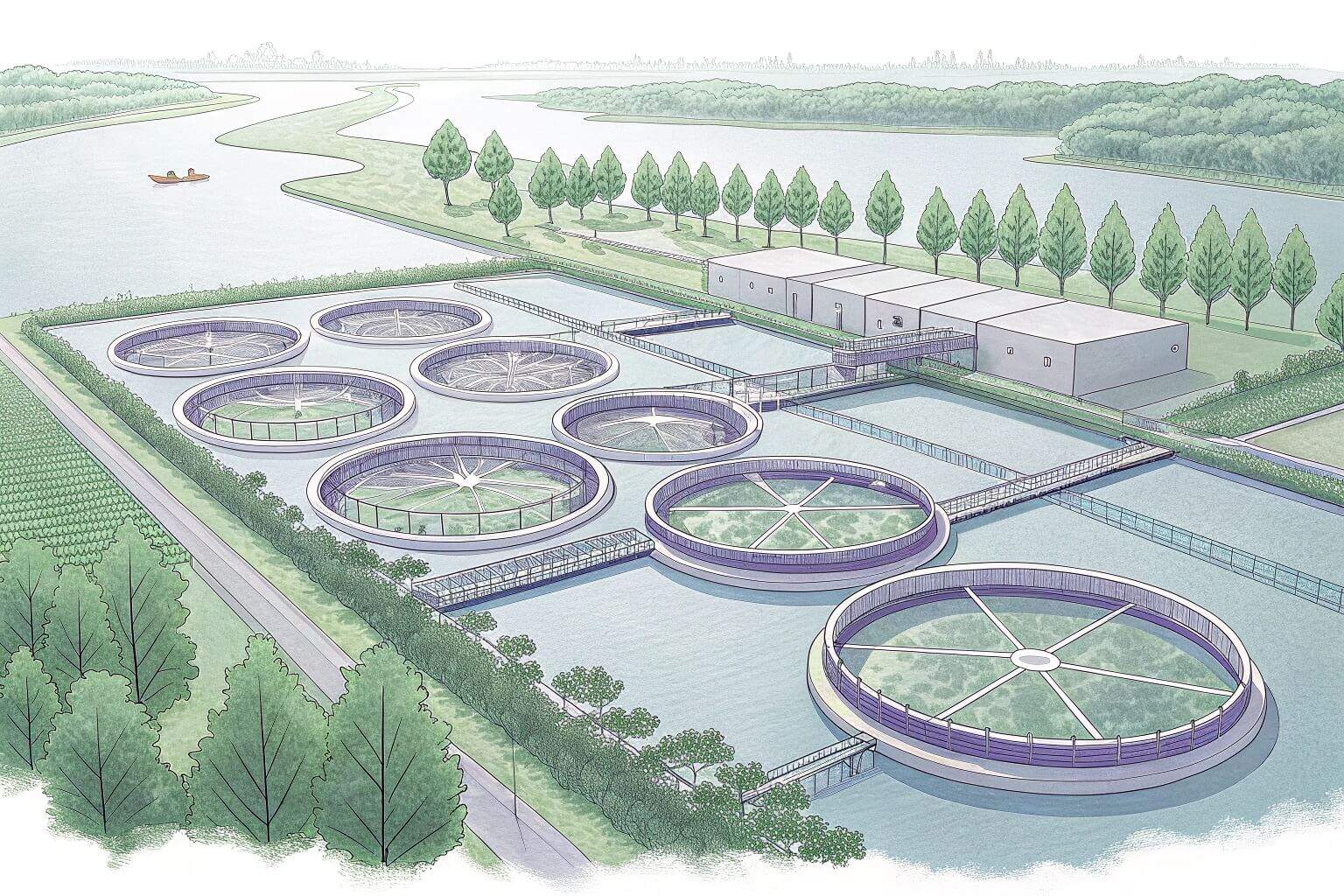
From my perspective as someone involved in providing equipment for fish farming, like our durable PVC liners13 and collapsible tanks, the legality and regulation of the sector are fundamental. I’ve seen the industry grow, and with it, a more robust framework to ensure it develops sustainably. The South African government actively promotes aquaculture as a way to enhance food security, create jobs, and reduce pressure on wild fish stocks. However, this support comes with the expectation of responsible practices. Let’s delve into what makes a fish farm legal and compliant.
Key Legal Requirements for Fish Farms
Operating a legal fish farm involves several layers of compliance:
- Aquaculture Permits14: As discussed earlier, this is the foundational permit from the DFFE. It often requires an Environmental Impact Assessment (EIA) or at least a basic environmental assessment, depending on the scale and location. This assessment looks at potential impacts on water resources, local ecosystems, and waste management.
- Water Use Licenses15: Fish farming requires significant water. A water use license from the Department of Water and Sanitation is often necessary, especially for larger operations or those abstracting water from rivers or boreholes.
- Land Use and Zoning: The farm must comply with local municipal zoning regulations. Agricultural land might be suitable, but specific permissions could still be needed.
- Animal Health and Welfare: Regulations concerning the health and welfare of the farmed fish must be followed. This includes disease prevention, management, and humane slaughter practices.
- Waste Management16: Proper disposal or treatment of wastewater and solid waste from the farm is critical to prevent pollution.
I’ve worked with clients setting up everything from small-scale tilapia ponds to larger commercial trout raceways. The common thread for successful, legal operations is a proactive approach to understanding and meeting these requirements. For example, our Bancy collapsible fish tanks are designed for easy cleaning and management, which can contribute to better hygiene and waste control, aspects that regulators look at.
Government Support and Initiatives
It’s also worth noting that the South African government, through initiatives like Operation Phakisa, has identified aquaculture as a key growth area. This means there’s not only a legal framework but also potential support mechanisms, such as:
- Technical Assistance: Access to expertise and guidance on best practices.
- Financial Incentives: In some cases, funding or tax incentives may be available for compliant and sustainable aquaculture projects.
- Research and Development17: Support for research into new species, farming techniques, and disease control.
This supportive stance underscores that fish farming isn’t just legal; it’s actively encouraged when done right. The legal framework is there to ensure that this growth is environmentally sustainable and socially responsible. My experience shows that farms that embrace these regulations from the outset are more likely to be successful and build a positive reputation in the long run.
| Regulatory Aspect | Governing Body/Concern | Importance for Legality |
|---|---|---|
| Aquaculture Right/Permit | DFFE | Core operational license, environmental compliance |
| Water Use License | Department of Water and Sanitation | Legal abstraction and use of water resources |
| Land Use/Zoning | Local Municipality | Permitted use of land for aquaculture activities |
| Environmental Authorisation18 | DFFE / Provincial Environmental Affairs | EIA, waste management, biodiversity protection |
| Animal Health | Department of Agriculture, Land Reform & Rural Development | Disease control, welfare standards, biosecurity |
Navigating these can seem complex, which is why, as I mentioned in my insights, legal counsel or thorough research is invaluable for prospective fish farmers.
Is fish farming profitable in South Africa?
Dreaming of a lucrative fish farm? Wondering about the financial returns? Profitability in South African aquaculture is achievable but depends heavily on careful planning and execution.
Yes, fish farming can be profitable in South Africa, but success hinges on factors like species choice, efficient management, market access, scale of operation, and controlling input costs. It’s not a guaranteed path to riches; thorough business planning is essential.
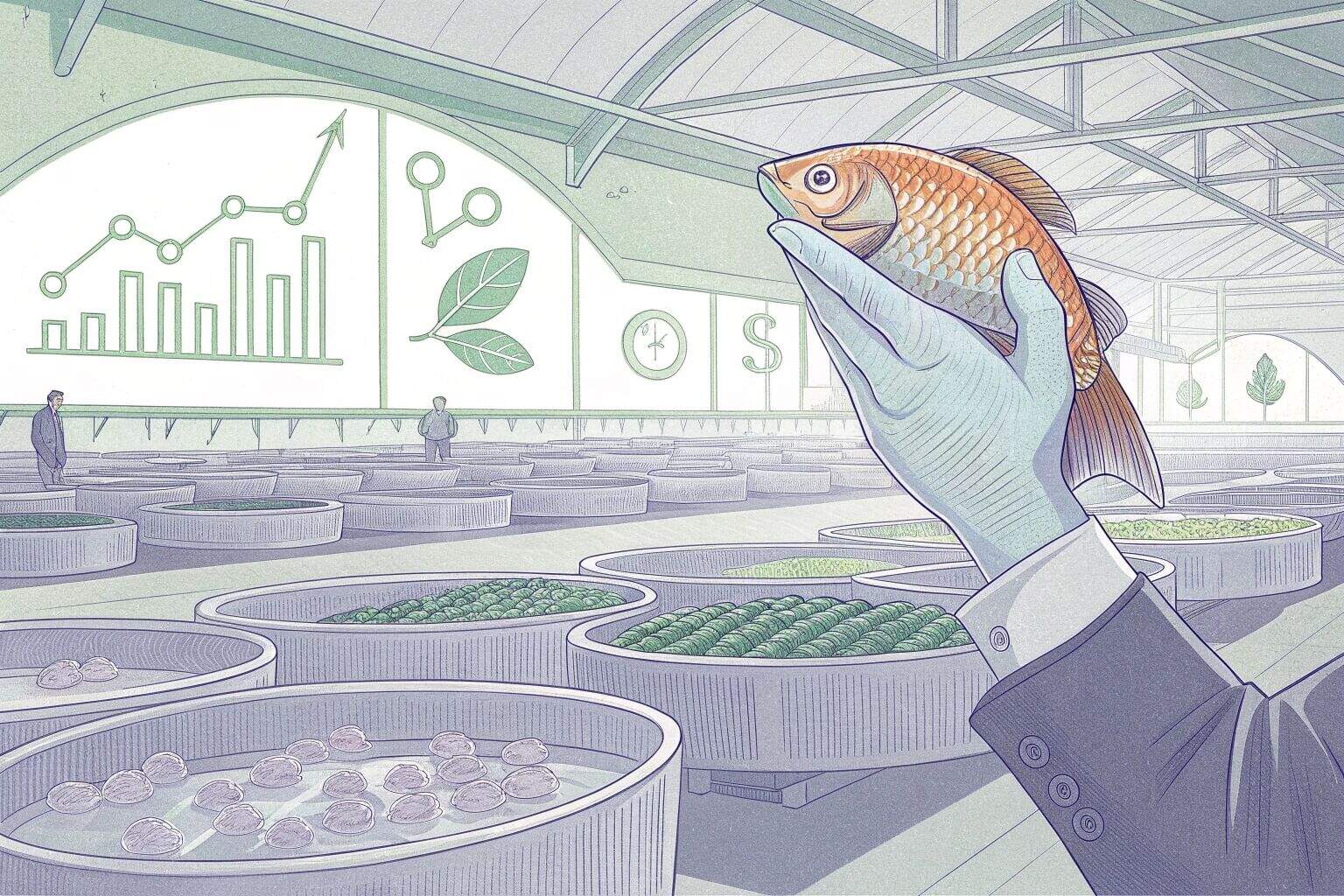
In my interactions with various players in the aquaculture sector, from those just starting with a few of our Bancy fish tanks to established commercial operations, the question of profitability always comes up. My observation is that while the potential is definitely there, especially with growing demand for seafood, it’s a business that requires a sharp focus on efficiency and market understanding19. It’s not just about growing fish; it’s about growing a sustainable and profitable business. Let’s explore the key drivers of profitability.
Factors Influencing Profitability
Several critical elements determine whether a fish farm will be a financial success:
- Species Selection: Choosing the right species is paramount. Factors include market demand, growth rate, feed conversion ratio (FCR)20, disease resistance, and suitability to the local climate. Tilapia and trout are popular choices in South Africa, but others like catfish or ornamental fish can also be profitable niches.
- Scale of Operation: Economies of scale play a significant role. Larger farms can often negotiate better prices for inputs (like feed) and have lower per-unit production costs. However, starting small and scaling up can be a prudent approach to manage risk.
- Feed Costs: Feed is typically the largest operational expense in fish farming, often accounting for 50-70% of production costs. Efficient feed management and sourcing quality, cost-effective feed are crucial.
- Market Access and Price: Securing reliable markets and achieving good prices for your fish is vital. This involves understanding consumer preferences, distribution channels, and potential for value addition (e.g., processing, filleting).
- Technical Expertise and Management: Efficient farm management, including water quality control, disease prevention, and stock management, directly impacts survival rates and growth, and thus profitability. This is where quality infrastructure, like well-designed tanks and systems, can make a difference.
- Input Costs: Beyond feed, costs for water, electricity, labor, fingerlings, and veterinary services all need to be carefully managed.
I’ve seen farms thrive by focusing on a specific niche, like organic tilapia, or by developing direct sales channels to restaurants or local markets. Others have found success by integrating with other agricultural activities. For example, the nutrient-rich water from fish tanks can be used for irrigation, creating a circular economy model.
Potential Returns and Risks
While precise profit margins vary widely, well-managed fish farms can achieve attractive returns. However, there are also risks:
- Disease Outbreaks21: Can lead to significant stock losses.
- Market Fluctuations: Prices can change due to supply and demand dynamics.
- Environmental Factors: Extreme weather events or water shortages can impact production.
- Theft and Predation: Security measures are often necessary.
My advice, echoing my general insights, is that thorough research and a solid business plan are non-negotiable. This plan should include detailed financial projections, risk assessment, and marketing strategies. Investing in good quality equipment, like our Bancy tanks22 which are designed for durability and ease of use, can also contribute to long-term profitability by reducing maintenance costs and improving operational efficiency23. The industry has great potential, but like any agricultural venture, it requires dedication, knowledge, and sound business practices.
| Profitability Driver | Key Considerations | Impact on Bottom Line |
|---|---|---|
| Species Choice | Market demand, growth rate, FCR, disease resistance | High |
| Feed Management | Cost, quality, FCR optimization, feeding strategies | Very High |
| Market Access & Pricing | Consistent buyers, fair prices, value addition | High |
| Operational Efficiency | Water quality, disease control, labor productivity, low mortality | High |
| Scale of Operation | Economies of scale vs. manageable startup size | Medium to High |
| Regulatory Compliance | Costs associated with permits, environmental standards | Medium |
| Capital Investment | Initial setup costs for ponds/tanks, equipment, infrastructure | Medium (Initial) |
Ultimately, those who approach fish farming as a serious business, investing in knowledge and quality, are the ones most likely to reap the financial rewards.
Conclusion
Navigating South Africa’s fish farming and fishing laws requires diligence. Licensing is key for legality, sustainability, and profitability, ensuring a healthy future for the industry and its participants.
- This resource will provide insights into the significance of traceability and compliance in maintaining industry standards. ↩
- Understanding health and safety compliance is crucial for ensuring your business meets legal standards and protects consumers. ↩
- Exploring species-specific regulations helps you navigate legal requirements and avoid penalties in your fish sales. ↩
- Knowing the export/import license requirements is essential for expanding your business internationally and ensuring compliance. ↩
- Understanding local permit requirements is crucial for compliance and successful operation of your business. ↩
- This certification is essential for ensuring food safety and can enhance your credibility as a vendor. ↩
- Explore this link to understand the essential requirements and regulations for commercial fishing rights, ensuring compliance and success in your fishing ventures. ↩
- Exploring methods to maintain healthy fish populations is vital for sustainable fishing and environmental conservation. ↩
- Understanding species and bag limits is essential for sustainable fishing practices and protecting marine ecosystems. ↩
- Learning about prohibited species is vital for compliance with fishing regulations and protecting endangered marine life. ↩
- Local regulations can vary significantly. Exploring this resource will ensure you comply with all fishing rules in your area. ↩
- Exploring this resource will provide insights into how catch-and-release practices enhance fish populations and sport fishing quality. ↩
- Explore the advantages of PVC liners in aquaculture, including durability and cost-effectiveness, to enhance your fish farming operations. ↩
- Understanding the requirements for Aquaculture Permits is crucial for compliance and successful fish farming operations. ↩
- Exploring Water Use Licenses will help you grasp their importance in managing water resources for fish farming. ↩
- Learning about Waste Management practices is essential to ensure environmental sustainability in aquaculture. ↩
- Learn about the latest advancements in aquaculture through research and development efforts that can enhance your farming practices. ↩
- Exploring Environmental Authorisation helps ensure compliance with environmental regulations and promotes sustainable practices in aquaculture. ↩
- Gaining insights into efficiency and market dynamics can significantly improve your aquaculture operations and profitability. ↩
- Understanding FCR is essential for optimizing feed efficiency and profitability in fish farming. Explore this link to learn more. ↩
- Understanding the effects of disease outbreaks can help in planning and mitigating stock losses effectively. ↩
- Explore how Bancy tanks can enhance your fish farming operations with durability and efficiency. ↩
- Discover strategies to boost operational efficiency, reduce costs, and increase profitability in your fish farming venture. ↩

